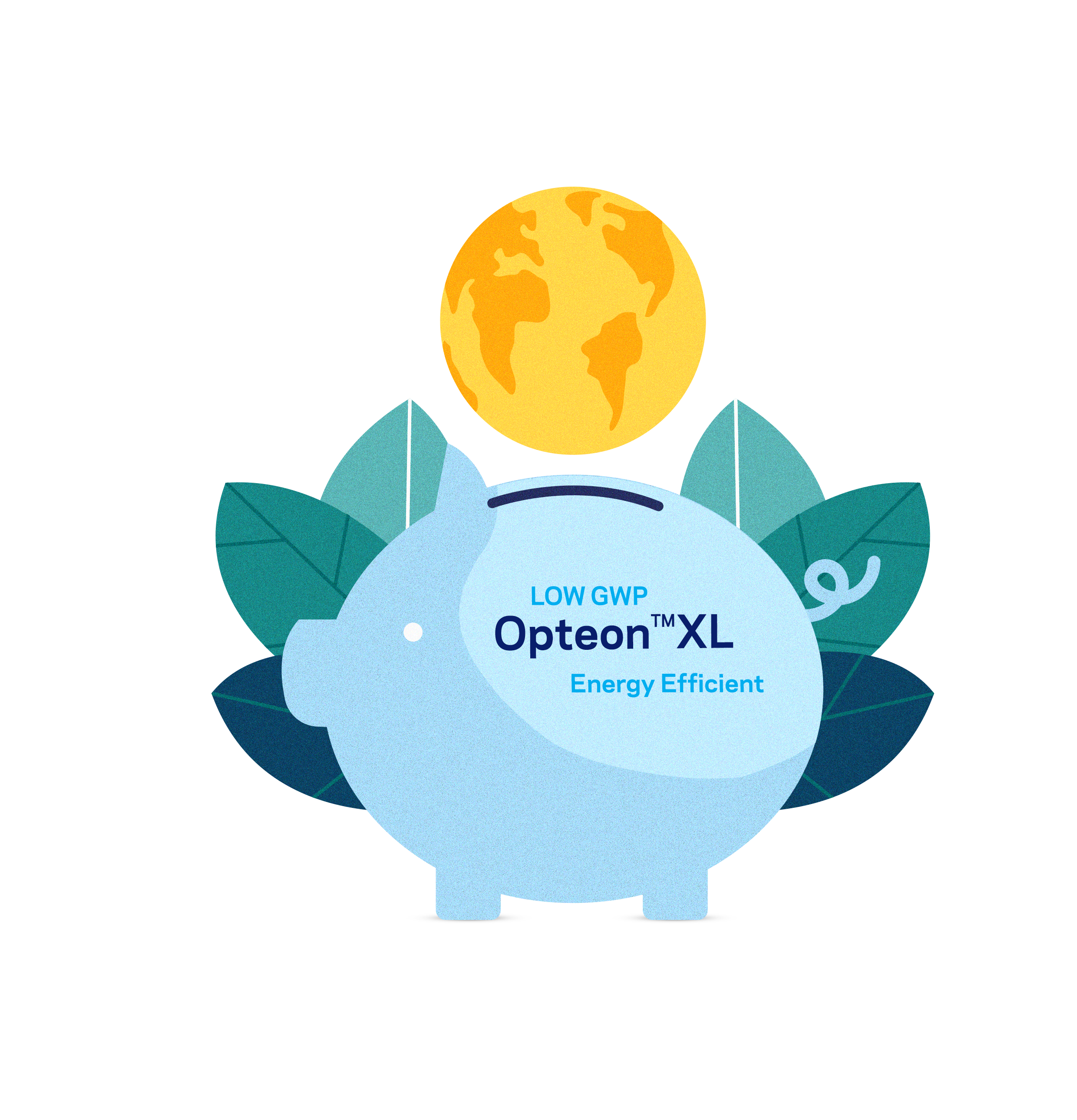Article and Infographic*
 When deciding which refrigerant technology to use for your new refrigeration installation, you need all the information available: total solution cost and environmental impact, energy efficiency, cooling performance and long-term EU F-Gas compliance. Doubts have been raised about CO2 (R-744) not being a ‘one-size-fits-all’ solution including its ‘green’ credentials due to poor energy efficiency. As a result, retailers are now considering other technologies that not only comply with European F-Gas Regulations, but that also provide better value for money.
When deciding which refrigerant technology to use for your new refrigeration installation, you need all the information available: total solution cost and environmental impact, energy efficiency, cooling performance and long-term EU F-Gas compliance. Doubts have been raised about CO2 (R-744) not being a ‘one-size-fits-all’ solution including its ‘green’ credentials due to poor energy efficiency. As a result, retailers are now considering other technologies that not only comply with European F-Gas Regulations, but that also provide better value for money.In a brand-new Chemours article and infographic*, read all about;
 |
|
